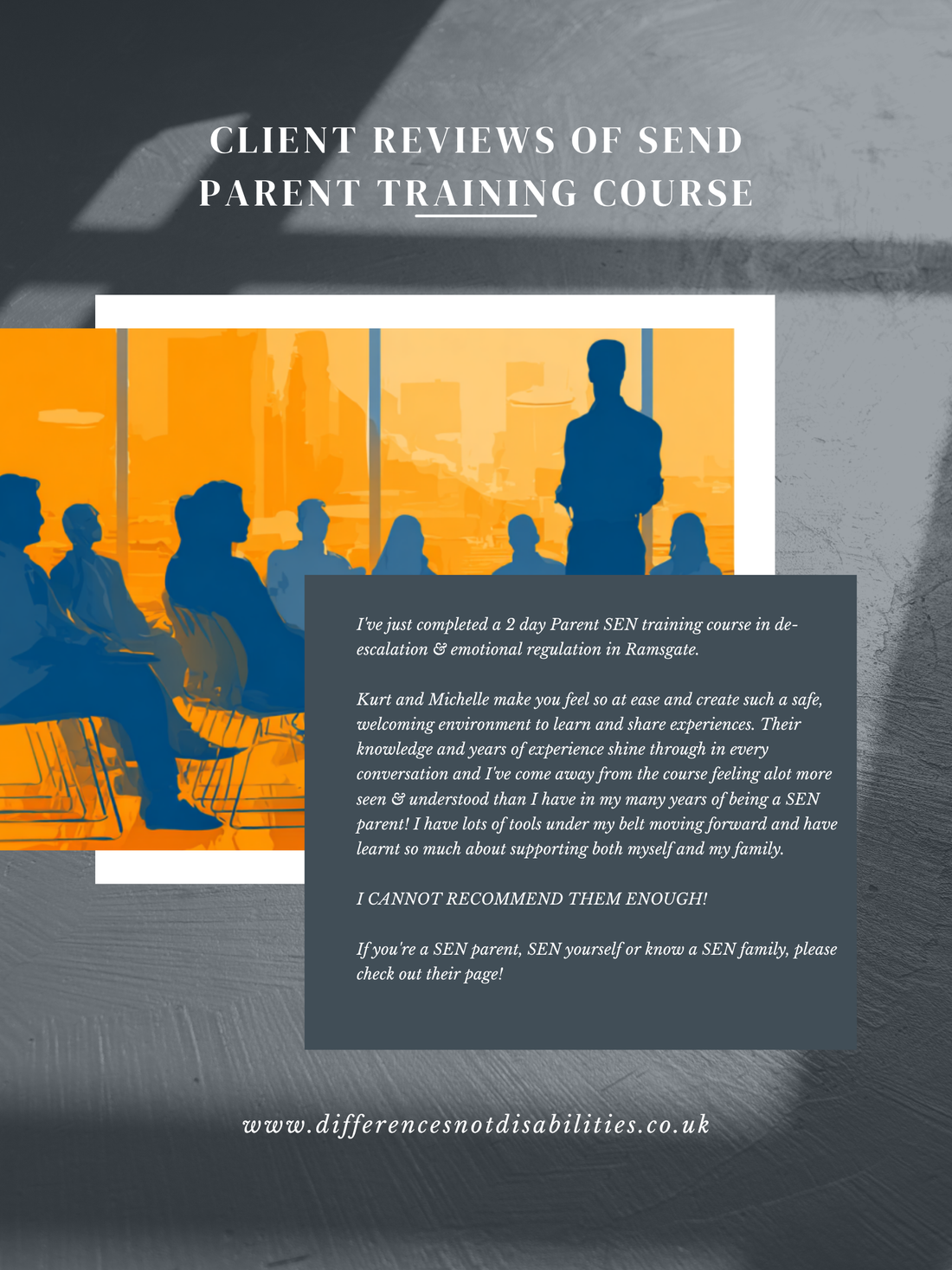
ABC Charts: Unlocking the Power of Visual Data Representation
Share
ABC Charts
You may have seen us at markets, on Facebook, or working in a school near you. We take questions from the public every day, and our conversations range from mild, innocuous, and even bizarre, to serious, high-stakes, and potentially life-changing. Sometimes all in the same sentence. One of the conversations we have on repeat is about challenging behaviour and ABC charts. People trust us enough to ask questions and open up about their journey. We cannot praise those individuals enough, and we treat every situation with as much tact, empathy, and respect as we can. Although, if you’ve met us, you’ll know that accidentally saying the wrong phrase or word is an occupational hazard that comes with the territory.
So, let’s imagine you’ve come up to our market stall and said, “I have a problem with challenging behaviour.” There are a whole host of follow-ups, questions, and scenarios we go through. There’s usually an emotional regulation chat too — ways of coping, strategies, etc. That is really important, but it’s not what this article is about. The very first part of the conversation is always:
What is the problem?
Let’s say there is a child who is always worried and biting themselves. There’s no way I can support without starting at the very beginning. Sure, I could start talking about proprioception, calming strategies, or self-regulation. I could ask whether the child is being reassured in the right way. But often parents get hit with the question: “Well, why don’t you know what’s wrong?”
Take your child — or any problem you’re facing around behaviour — and I’ll ask you a routine set of questions. “When is it happening?” Typically, people will say, “All the time” or “Quite a lot.” “Ok, how many times in the last year has this happened?” Naturally, no one can answer that. It’s a ridiculous question. We have lives to live, food to cook, relationships to maintain, and our own problems to deal with. How could we possibly track that? Well, that’s kind of the point. If you can’t prove when it is happening, then we can’t fix it. But if you know it’s happened 10 times in the last two weeks, and then you make a change and it decreases, you’ve got evidence that something is working (or not working).
So, if you take anything from this article, take this: keep a diary. Not for a year — just for two weeks or so. Then look at it. Can you see a pattern? Every Monday? Every Sunday, when we all get the fear of going back to work and school? Every day, right after school? These times will make a huge difference. They’ll allow you to change aspects of what’s happening, and they’ll also give you solid information. If you then go to a doctor, teacher, or social worker, you can hand over exact data they can plan around. Long story short: the more information you have, the easier it is for the professionals around you to help.
Define The Problem
Next, how do we write down what happened? If someone says their child is sensory seeking, that may be right, may be wrong. To really understand, we go back to the basics:
A – Antecedent (what happened before, what triggered it),
B – Behaviour (what happened during, what was their behaviour),
C – Consequence (what happened afterwards, what did they get out of it).
The example we use most often: imagine you’re taking me shopping. I don’t want to go. You get me out of the house and into the shop. I’m angry, annoyed, overstimulated — and I escalate. I start screaming, hitting, shouting. You abandon the shop, distressed, and go home. That’s a perfectly reasonable scenario, which almost everyone has been through. Do I blame anyone for leaving? No. Would I do the same? Absolutely. How would this look in an ABC diary?
Antecedent: shopping.
Behaviour: anger, hitting, shouting.
Consequence: went home early.
It might be right to say, “They’re overloaded.” It might also be right to say, “They’re just getting what they want by being angry.” The important thing is: once we can identify what’s happening, we can change it. What is that child consciously or subconsciously learning? “If I’m grumpy enough, I don’t have to do the thing they want me to do.”
So, ok — is the answer just to force them round the shops in distress until they stop? No. Because then they’re learning something else:
“When I’m in distress, adults don’t help me. They get angry. They don’t care.”
If you ignore behaviour like this, they may escalate it further. If you stand silently, they may up the ante until you’re forced to respond. Have you ever had a child start swearing loudly in public just to get you to leave? Same thing.
So, what would I do?
If I hadn’t planned properly, if I had nothing in place, and it was going wrong — I would leave too. Would I be grumpy about it? Yes. We’re all human. But I would then write it down in my boring-but-useful ABC diary.
Because there could be a hundred reasons it happened: toothache, a poster in the shop annoyed them, it was too windy, they needed the toilet, or something else entirely. We don’t prejudge without information. Just because it’s understandable, doesn’t mean it can’t be tweaked. There’s nuance in every situation, and a whole lifetime of experiences leading up to each event — trauma, grief, medical needs. But even so, for anyone, the very first step in addressing behaviour is simple: find out when it’s happening.
Copyright© Differences not Disabilities All rights reserved
Read Our Latest Parent Blaming Blog